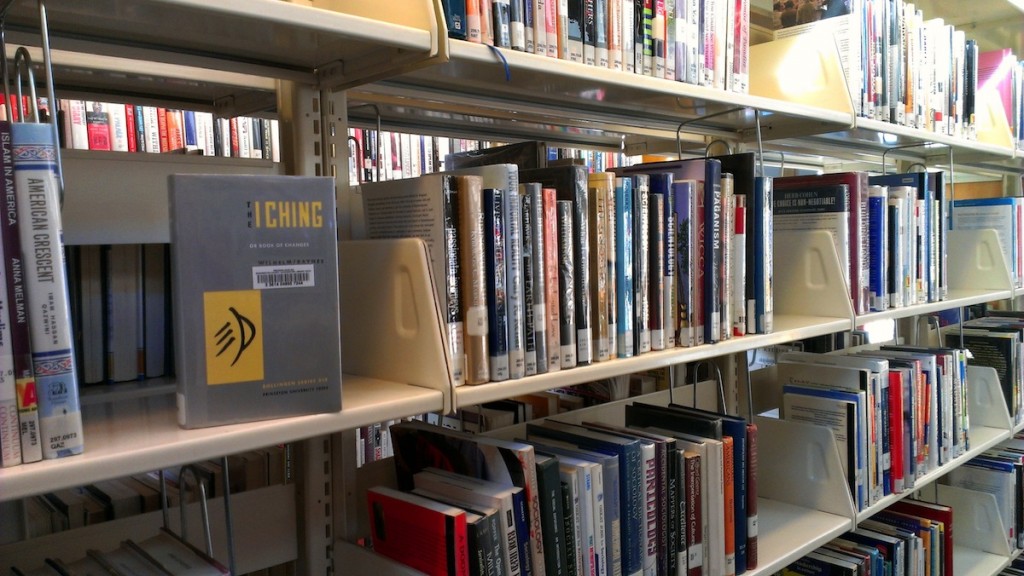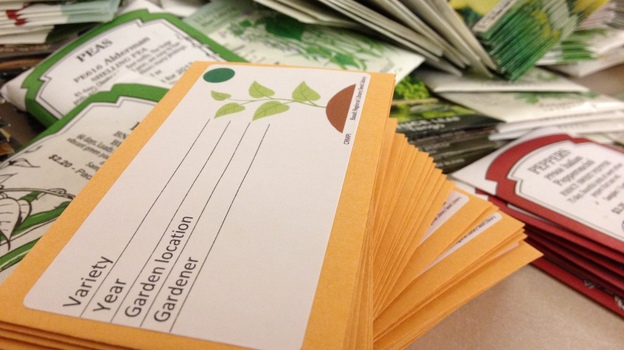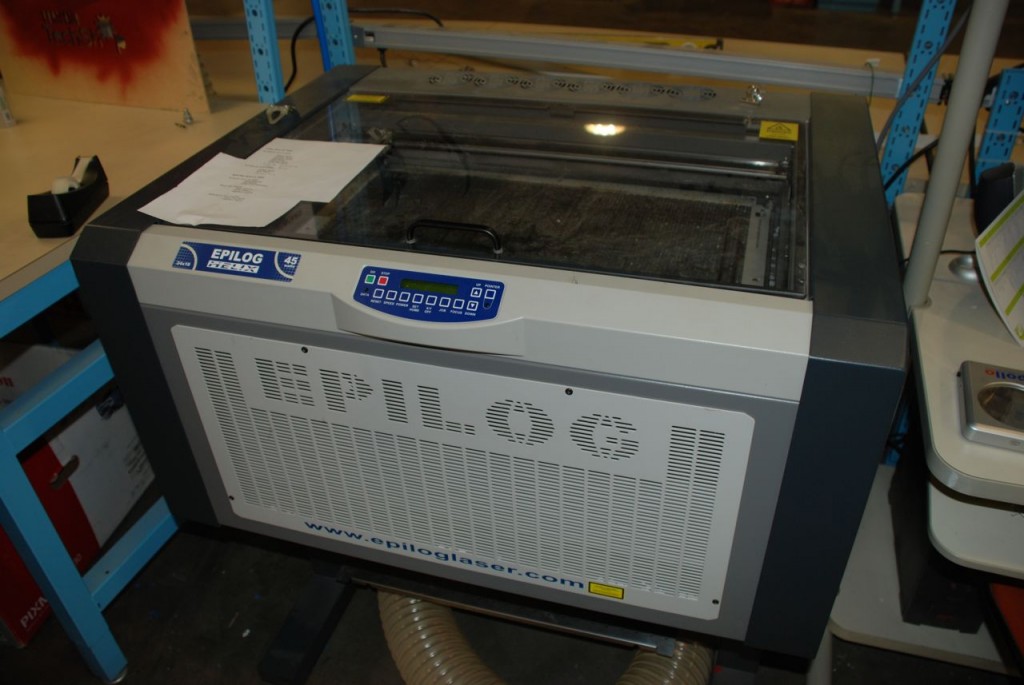My wife works at our local public Library. We started visiting there more recently and I was once again struck at the accessibility and amount of information there. For a time, I had thought that the Internet was a good replacement for the library. Vast amounts of information, easily accessible at lightning speed (literally, electrons move at the speed of light.) I’ve come to appreciate what the library is though, and why it’s important.
The difference between the internet and the public library in terms of accessing information is likely lost on a lot of people. Getting what you want at the library requires:
- Going to the library
- Searching the topic that you want
- Finding a resource that matches that
- Taking a alpha-numeric identifier to the shelf to find said resource.
- Looking at the book to determine if it’s what you actually want.

And that’s on a per topic basis. Sounds pretty exhausting. The Internet has a seemingly less complex process:
- Go to Google.com
- Search for your desired topic
- Click link
Google has gotten very very good at indexing information. So much so that often what I’m looking for can be found in the first two or three items. There’s a problem though, that most of us skate over…
The Internet isn’t curated
That last word may be unfamiliar. I jest of course, I’m sure you do all know what it means, but think about it for a moment. Everything on the internet was put up there by someone, anyone really, who wanted to. There is no obligation for it to be correct. And when it comes to Google’s deciding where it falls in the search results, in a lot of ways it’s a popularity contest.
The public library, on the other hand, has a large store of specific titles. Those titles end up there for lots of different reasons, but in any case they are there because a person specifically decided that they should be. On top of that, each title had a somewhat large expense associated with it. Even in the era of on-demand-publishing, most books remain published in large runs by large publishers. That means the book is reviewed, edited, refined, and a lot of people’s time and money go into it.
The other part of that is that the library is organized. When you find one book on a topic, it’s almost guaranteed that to the left or right of that book will another book on the same topic. Written by someone else, or for a slightly different audience, or maybe just more on the same.
Despite the value of a well organized and curated collection of books, movies, and music, public libraries are facing hard times. Budget cuts across all publicly-funded institutions combined with dropping attendance make our libraries a dying breed.
So where do Libraries go from here?
There seems to be a lot of talk about what libraries have to become or how they should change. A couple of years ago Phillip Torrone wrote an article about reinventing public libraries as makerspaces. I’m in support of the idea for no other reason than I love the idea of having makerspaces everywhere. There are lots of inherent problems with the idea though, because makerspaces are a different challenge. Equipment upkeep, training, and materials are all problems to be tackled that probably don’t fit well under “Publicly Funded”
Another story I came across this afternoon discussed a library in Colorado that has started to offer seed packets. It’s a novel idea, you get a packet of seeds and then are expected to bring back the next generation of seeds from your labors. It never occurred to me that people would be interested in seeds, but this kind of opportunity homes in on what a library is and what it can become.

Libraries function best as central locations for communities. It’s a space where members of the community can gather, and as a result it needs to be a place where physical items are curated and accessible. Because of the internet’s ever-increasing informational presence, our libraries can fill the void by becoming a little more niche and a lot more valuable.

I agree with you on what Libraries are, although they are even more than what you’ve briefly mentioned. Our Library offers all different kinds of classes, workshops, sheet music, video games, story time, maps, homework help & even free entrance to local venues.
I’m SO glad I volunteered there, I have learned SO much. Knowing what I do, we don’t use nearly enough of what the Library offers at no charge.
Like I’ve told you before I’m not sure what direction the Library should take to remain valuable to the larger part of the community, but I know that it should never go away entirely.
i am very interest in the library professionals